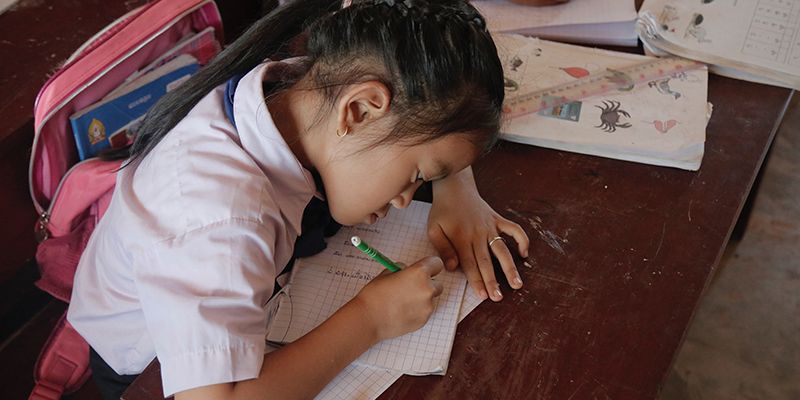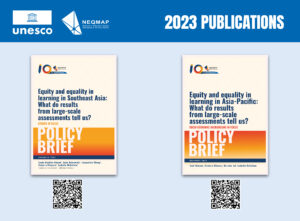
After five years of careful development, the Southeast Asia Primary Learning Metric (SEA-PLM) is about to deliver. The data collection for the first assessment round (SEA-PLM 2019) is almost complete and final steps are being prepared to allow stakeholders to bring about meaningful progress for student learning outcomes across Southeast Asia.
SEA-PLM is the first regional large-scale learning assessment to be specifically designed for the Southeast Asian region. It has taken five years in developing and refining the tests, questionnaires and technical guidelines to ensure they are standardized and appropriate across country, language and education system. SEA-PLM assesses Grade 5 students in the areas of reading, writing, mathematics and global citizenship. Approximately 30,000 students and over 1,000 schools in the region are participating in the 2019 survey.
Six countries participated in SEA-PLM 2019 – Myanmar, Philippines, Lao PDR, Vietnam, Cambodia and Malaysia. The program is overseen by the SEA-PLM Secretariat, jointly managed by the Southeast Asian Ministers of Education Organisation Secretariat (SEAMEO Secretariat) and UNICEF East Asia and Pacific Regional Office (EAPRO).
With data collection well under way, attention is now being turned to how to support countries in maximizing the impact of reporting, disseminating and use of results. An important step in doing this is identifying key stakeholders and partners who will use the assessment data from the school to policy level.
Pupils, parents, communities and local partners
The survey is collecting anonymous data using a large sample of grade 5 students representative of those enrolled in the participating countries. This is done through students completing paper-pencil tests and background questionnaires answered by both students and parents to reflect local learning context. Key findings and recommendations drawn from SEA-PLM 2019 will be communicated back to parents and students through various forms, including brochures, posters, radio broadcast and video. The aim is to inform them about learning in the four domain areas (reading, writing, mathematics and global citizenship) through using regionally comparable scales and indicators. This data and analysis will help provide a baseline to improve community participation and system accountability.
Schools, teachers, and principals
Anonymous data on teachers, principals and school resources are being collected from sample schools. This is to capture a sense of available educational resources and teaching practices. This feedback will include a sample of questions and answers from student tests to help provoke meaningful reflection and change in teaching practice. For those running schools this information can help be used to improve pedagogical approaches and school management. To help teachers and principals to turn these results into tangible changes, broader policy shifts need to support them.
Policy makers, system administrators and global partners
Beyond the school environment, successful education also depends on the policy makers, education specialists and key international partners (UNICEF, SEAMEO, UNESCO, GPE, etc.). These stakeholders will access the findings via attractive reports, events, workshops and media coverage. Information drawn from SEA-PLM will demonstrate various education quality and equity issues from the national to sub-national level, and guide interventions. Crucially, reporting of data using a standardized scale will help track progress against Sustainable Development Goal (SDG) 4.1.1 b “proportion of children at the end of primary at least a minimum proficiency level in (i) reading and (ii) mathematics, by sex”. Policy makers will be able to chart their successes as well as their shortcomings.
Researchers
The implementation of large-scale assessments is very demanding in term of quality assurance and scientific methods. The data collection and analysis needs to consistently maintain high scientific standards. To promote strong scientific validity, the methodology of SEA-PLM 2019 has been progressively shared with country participants and research networks. These efforts will continue in the comings months through the distribution of data and explanations about how best to use it. Education researchers will be able to use SEA-PLM 2019 data to generate new research and design additional studies to question performance levels.
Ministry of Education officials from across Southeast Asian nations come together in July at the 10th Regional Steering Committee meeting to discuss the first assessment round of Southeast Asia Learning Primary Learning Metric (SEA-PLM 2019). Looking ahead to 2020 in preparation for the final steps of this long-awaited assessment round, this meeting will build regional consensus for the effective dissemination and use of results.
Consultation platforms such as the 10th Regional Steering Committee meeting are vital in aligning national and regional approaches. Country participants, partners and the SEA-PLM Secretariat will coordinate resources and efforts during the meeting and in the coming months to explore these potential audiences and match them with suitable communication products and strategies. All to stimulate future discussion around results and create new learning opportunities.
Written by Freyja Dixon and Antoine Marivin, freyja@seameo.org, amarivin@unicef.org, SEAMEO and UNICEF






